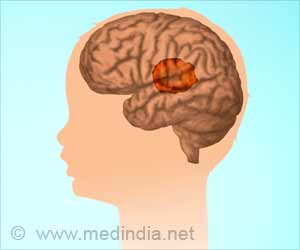New research explains how gliomas use existing brain networks to spread, offering hope for future treatments.
- Gliomas connect to existing brain neurons, aiding recurrence
- Neurons producing glutamate play a key role in glioma growth
- New insights offer potential paths for interrupting tumor spread
Why do gliomas tend to recur in the brain?
Go to source).
Role of Glioma-Connecting Neurons
One of the observations made by Hsieh’s team is that while gliomas have been observed to make contacts with other gliomas, they actually make synaptic contacts with neurons that are already in existence in the brain.Gliomas connect to neurons across the brain, enabling them to spread and recur. #medindia #glioma’
Diversity of Neurons Involved
It also pointed out various forms of the neurons that are implicated with the growth of the tumor. Some of the main secreting neurotransmitters are excitatory, such as glutamate, and the majority of neurons that innervate gliomas are glutamatergic. But not all neurons are alike: some also make GABA, a inhibitory neurotransmitter, meaning the relationship between gliomas and the brain hardwiring is more complicated than anyone realized couple of years ago.These results hold important potentials for the creation of novel therapeutics. The knowledge of glioma-innervating neurons and the way they connect with glioma lets researchers examine how these connections can be disrupted in order to stop glioma growth and avoid reoccurrence. Dr. Hsieh adds the caution that some of these discoveries will not make it into clinical use therapies for years.
Despite the gliomas being one of the most challenging tumors to manage, these studies into the neural networks supporting tumorous growth, suggests an optimistic tomorrow. Nevertheless, much effort in understanding the molecular and cellular basis of glioma is still needed, and this research forms part of the progress toward this goal.
Reference:
- Why do gliomas tend to recur in the brain? - (https://news.harvard.edu/gazette/story/2024/12/why-do-gliomas-tend-to-recur-in-the-brain/)
Source-Medindia
















